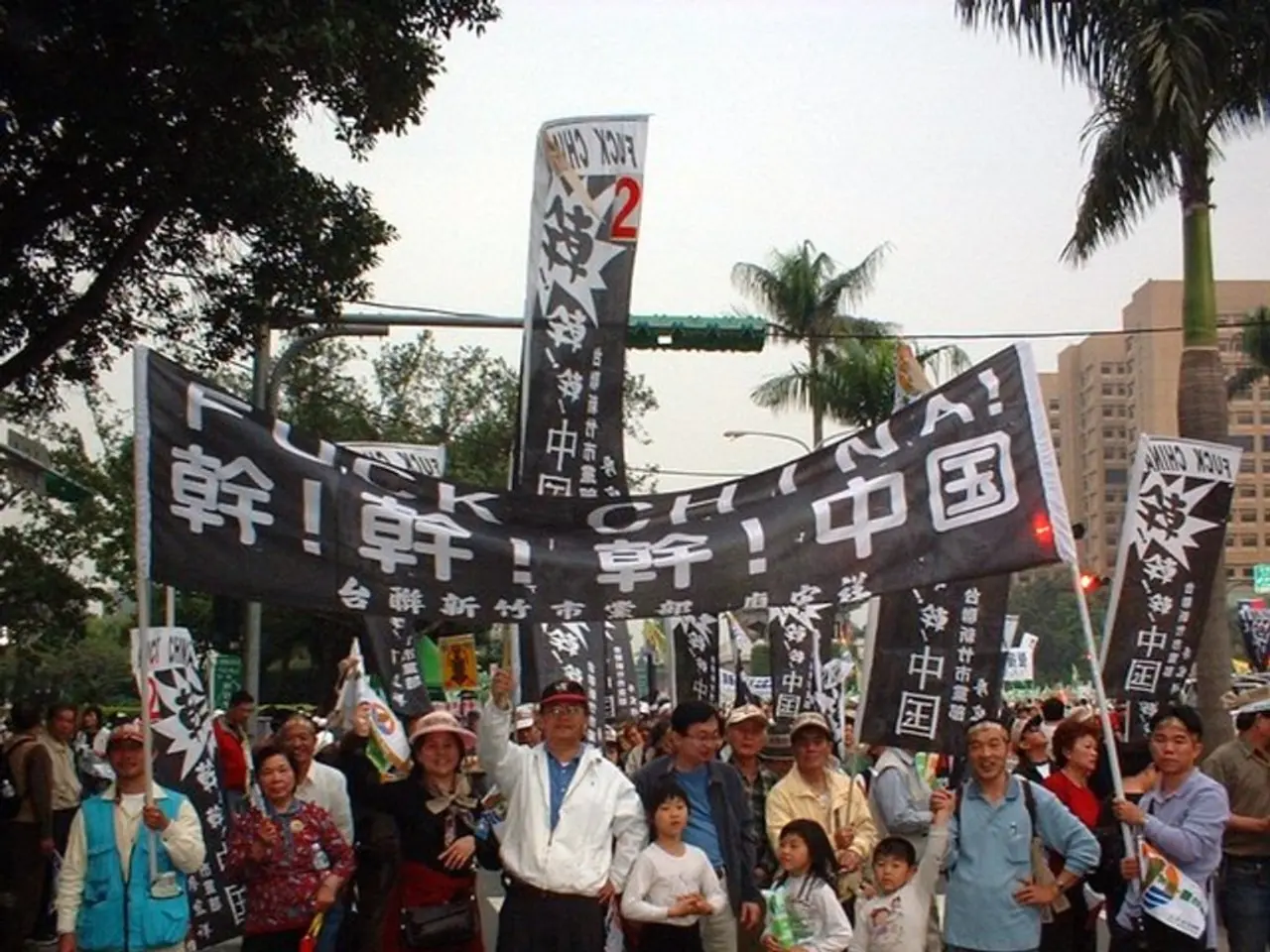Argentina's Indigenous Territorial Emergency Law Repealed by Milei
On the grim occasion of International Human Rights Day in 2024, and marking the first anniversary of his presidency, far-right liberal Javier Milei delivered a devastating blow to the rights of Argentina’s Indigenous communities. This brutal action came in the form of a decree that annulled the 2006 Law 26160 on Indigenous Territorial Emergency.
This law set forth the suspension of all sentencing and administrative actions aimed at evicting Indigenous communities from their ancestral lands. It also mandated a survey of Indigenous communities across the nation, with the creation of the National Program for the Territorial Survey of Indigenous Communities (Re.Te.C.I.) to oversee the process. This program included representatives from the Council for Indigenous Participation, who were tasked with ensuring the community's voices were heard.
The survey would culminate in a Technical Folder delivered to each community. This folder included various important documents such as the Socio-Community Questionnaire, occupation cartographies, cadastral characterization cartographies, Historical Anthropological Report, Legal Report, and Administrative Resolution. These documents were intended to provide clarity on each community's history, legal status, and relationship with their land, ultimately aiding in the regularization of land possession through a Community Property Law.
Regrettably, this survey was never completed due to a lack of political will and funding. Despite repeated extensions, the law never progressed, leaving Indigenous communities vulnerable and unprotected. This precarious situation was further exacerbated by the annulment of Law 26160 on December 10, 2024.
The repeal of this law, however, was not a surprise. In 2022, a bill aiming to achieve the same objective was presented to the National Congress by Vice President Victoria Villarruel. This decision was also in line with a year of defunding and dismantling state bodies and instruments for the defense of Indigenous rights, as well as rampant persecution, repression, and prosecutions of communities across the nation.
To add fuel to the fire, on October 1, the current president of the National Institute of Indigenous Affairs (INAI) abolished RE.NA.CI, the National Registry of Indigenous Communities, through resolution 53/2024. Founded in 1989, RE.NA.CI aimed to maintain an updated list of registered and unregistered Indigenous communities in the country. The repeal of RE.NA.CI resulted in the suspension of all pending registration applications and placed the burden of registration onto provincial registries.
Over the past year, indigenous communities have faced an alarming increase in persecution, evictions, repression, and legal proceedings for alleged occupation of their ancestral lands, often driven by the economic desire for natural resources found within their territories, such as lithium in the north or oil in the south. With the repeal of Law 26160 and the dismantling of RE.NA.CI, it is expected that these violations of Indigenous territorial rights will continue to increase.
Despite the dire circumstances, Indigenous communities and resistance organizations have vowed to press on in their fight to protect their rights. They continue to advocate for justice and call for the public to acknowledge the ongoing struggles they face. In the face of seemingly insurmountable opposition, Indigenous activists remain steadfast in their efforts to assert their rights, file legal complaints, and bring attention to the various instances of dispossession and mistreatment.
The annulment of Law 26160 and the abolition of RE.NA.CI signify a perilous and challenging phase for the rights of Argentina's Indigenous peoples, marked by legal and political setbacks, increased vulnerability to land dispossession, and ongoing state repression. Yet, the Indigenous struggle for their rights, cultures, and territories continues, more than five centuries later.
Photo by Kris Haamer.
- The repeal of Law 26160 and the abolition of RE.NA.CI on International Human Rights Day in 2024, marking the first anniversary of President Javier Milei's presidency, has positioned policy-and-legislation concerning Indigenous rights and general-news as a major point of contention in Argentine politics.
- The announcement of Vice President Victoria Villarruel's bill in 2022, aiming to annul Law 26160 and dismantle state bodies for Indigenous rights protection, has escalated politics surrounding policy-and-legislation for Indigenous communities within the realm of general-news.





